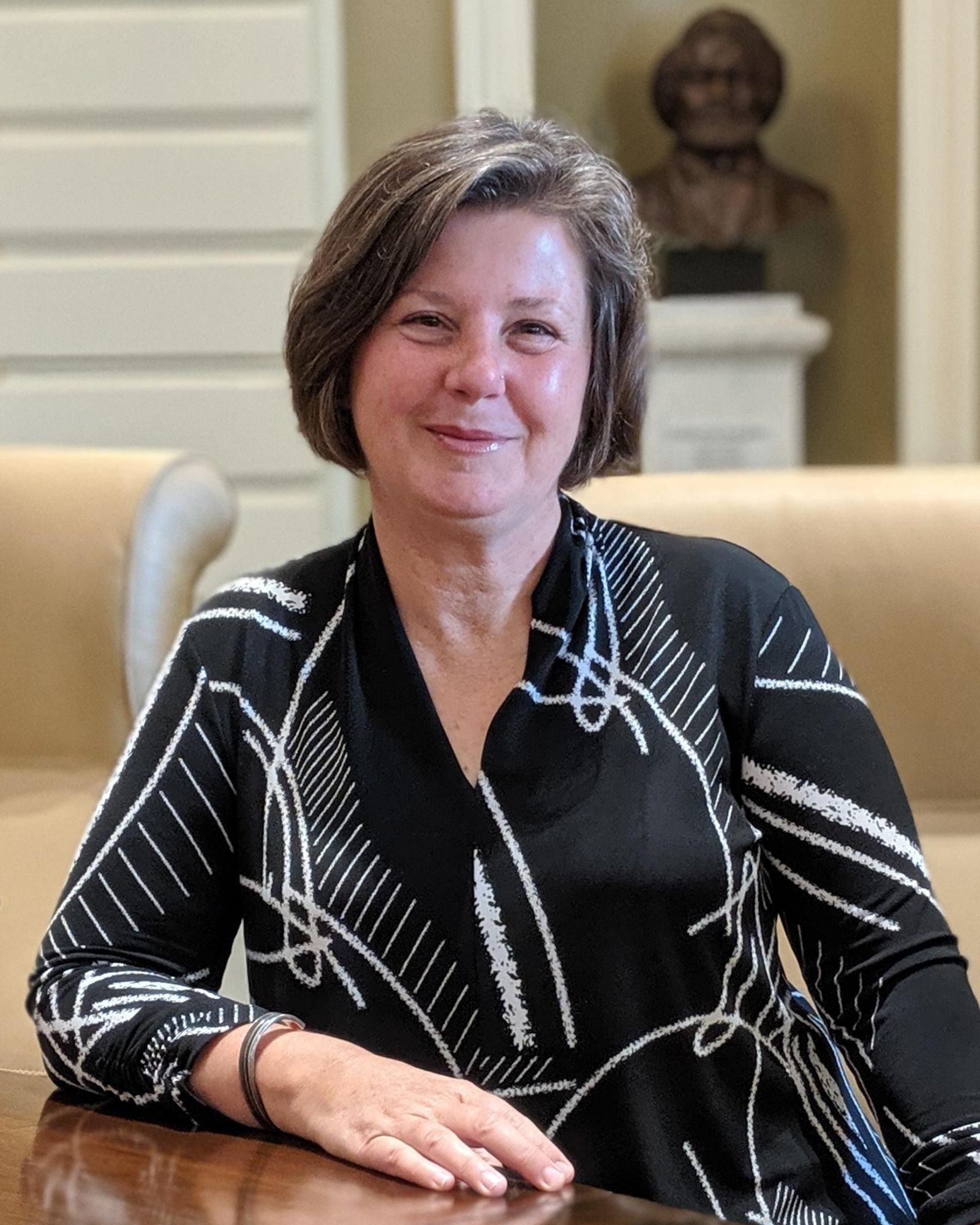State Sen. Jo Comerford
Reminder Publishing file photo
NORTHAMPTON — State Rep. Natalie Blais and state Sen. Jo Comerford hosted a hybrid event on June 25 to highlight the critical need to pass an act providing a sustainable future for rural schools.
The event featured a discussion with school administrators, school committee members, students and municipal officials on how this legislation would support their schools and communities.
“When I was first elected, we were both very proud to vote in support of the Student Opportunity Act, but one of the things that we learned right off the bat was that it was not going to support the majority of the schools in our district. So, we were able to insert a provision in the Student Opportunity Act to create a rural schools commission. I was proud to do that work and that created a report that included 36 recommendations,” explained Blais, a Deerfield Democrat. “What we know based on this report and the 36 recommendations that were included in it, is that rural schools face very unique fiscal challenges.”
Rural school districts in Massachusetts face unique and long-standing fiscal challenges. The Student Opportunity Act of 2019 acknowledged the need for the state to examine this area in further detail and established the Commission on the Long-term Fiscal Health of Rural School Districts for that purpose.
The omnibus bill, An Act to Provide A Sustainable Future for Rural Schools bill H.517, filed by Blais and Comerford, builds on the commission’s 36 recommendations and serves as a continuation and build off of the work of the Student Opportunity Act. It works to ensure that students in every corner of the state receive the resources and opportunities they deserve.
“While there are provisions in this bill that support rural schools, there are also provisions in this bill that support all schools, and when we drafted this legislation, we did this with an eye toward supporting all schools who may have been left out in the passage of the Student Opportunity Act,” added Blais.
The bill in full can be reviewed at tinyurl.com/y88ws3bm. Both Blais and Comerford highlighted issues such as declining enrollment aid and transportation aid as main factors impacting rural districts. The new bill from the two looks to not only address issues like these for rural schools, but also address the concerns of technical assistance, transportation, special education and regional equity that are impacting all schools in the state.
Comerford, a Northampton Democrat, added that these efforts are coming in response to the feedback rural school leaders and students have been consistently giving her and other state officials for some time now.
“Education funding in both of our districts are the absolute top issue. It’s not that our people don’t care about health care or the environment or transportation or housing, it’s just that the crisis in our communities is so acute I would call it existential,” said Comerford. “Right now, in communities that I represent and we share, finance committees, selectboards, town councils are meeting and they’re making brutal choices. And it’s all in the name of getting their kids the education that they need and deserve, but it’s coming at great expense. And in some communities, they will not be able to do that and we will see a hemorrhage of educators.”
Comerford said the rural communities need support from the state and right now, they are not being met at the level of their needs and again called on the opening up of the Chapter 70 municipal contribution formula as another part of addressing these issues being felt by rural school communities. She added that the state must also do a better job at meeting with the voices of Western Mass. school districts so that their needs and concerns are properly addressed through a state where focus can often slide east.
“We believe it is imperative that this state board that makes decisions about our schools in rural areas, and schools with declining enrollment, that they have representation that is adequate so that when people are voting, they understand the stakes of a rural school, or a school with declining enrollment, which unfortunately and respectfully, I say right now is not happening,” Comerford said. “They do not have an awareness because they are not living in the communities with the struggles that our people have and so therefore, the board cannot fully understand or meet or discussion, deliberate on or vote in ways that we believe are fair. We just want fairness. We want representation that is fair across the board in this critical state board.”
When opened to the nine-person roundtable, many spoke about the challenges being faced for rural schools as they continue to feel gaps in funding. Featured alongside Blais and Comerford for the discussion was Director of Center for Education Policy and Practice Noah Berger, Franklin Regional Council of Governments member Noami Bledsoe, student at Northampton High School and Northampton Youth Commission Co-chair Amelia Durbin, student at Pioneer Valley Regional School District Mystic Glenn, Charlemont Town Administrator Sarah Reynolds, Gateway Regional Schools Superintendent Kristen Smidy and Chair of the Mohawk Trail Regional School Committee Martha Thurber.
Thurber explained she has been working to try and gain equity for rural school funding over the last decade.
“This is a fight that is ongoing, and it’s become critical because we have gotten to the point where our towns can simply no longer provide the money that they have been providing because they are bumping up against their levy ceiling,” Thurber said. “We’ve made progress as Rep. Blais has pointed out, but there’s a long way to go and it is becoming increasingly critical.”
Durbin, a rising senior at Northampton High School, spoke about how she has witnessed her peers navigating advocacy for rural schools. As part of the Northampton Youth Commission, Durbin and fellow Northampton students have been consistent advocates for improved school funding from the state level, and the group has met with Comerford and State Secretary of Education and interim Department of Elementary and Secondary Education director Patrick Tutwiler as well as a handful of other local and state representatives and school officials to relay their concerns.
Durbin said she thinks the bill will help provide better equity in education for all students.
“I think when we have these really large cuts in our districts and areas, they hurt the entire community, but they end up being particularly devastating for our most vulnerable students,” Durbin said. “Within the system that we have now, it’s really frustrating that it does not serve every student equally and isn’t able to provide an equitable, accessible education to all students.”
Many speakers echoed similar concerns through their own perspective of what is happening in their communities.
“We’re really hoping that this rural school bill is passed because I think that there’s some real opportunity for equity,” said Smidy.
Thurber, in closing, summed up how many from rural school districts are feeling as they call on the state for help out of this issue.
“If I could leave you with one key message today, it is: this is urgent. This is not something that we can wait another 15 years for because what happens is once you start to lose staff and lose programming, you lose students. Students who can afford to do so will choice to other districts. Choice isn’t a big deal in the eastern part of the state, but it’s a huge deal in Western Massachusetts,” noted Thurber. “That leaves you with a shell of a school serving the poorest kids in your communities. That’s what we call the death spiral, and there are many rural school districts today that are either in, or about to be in the death spiral. This is urgent. We can’t wait for Chapter 70 to be reopened and have a commission and have the whole five-year thing. We don’t have that kind of time.”



